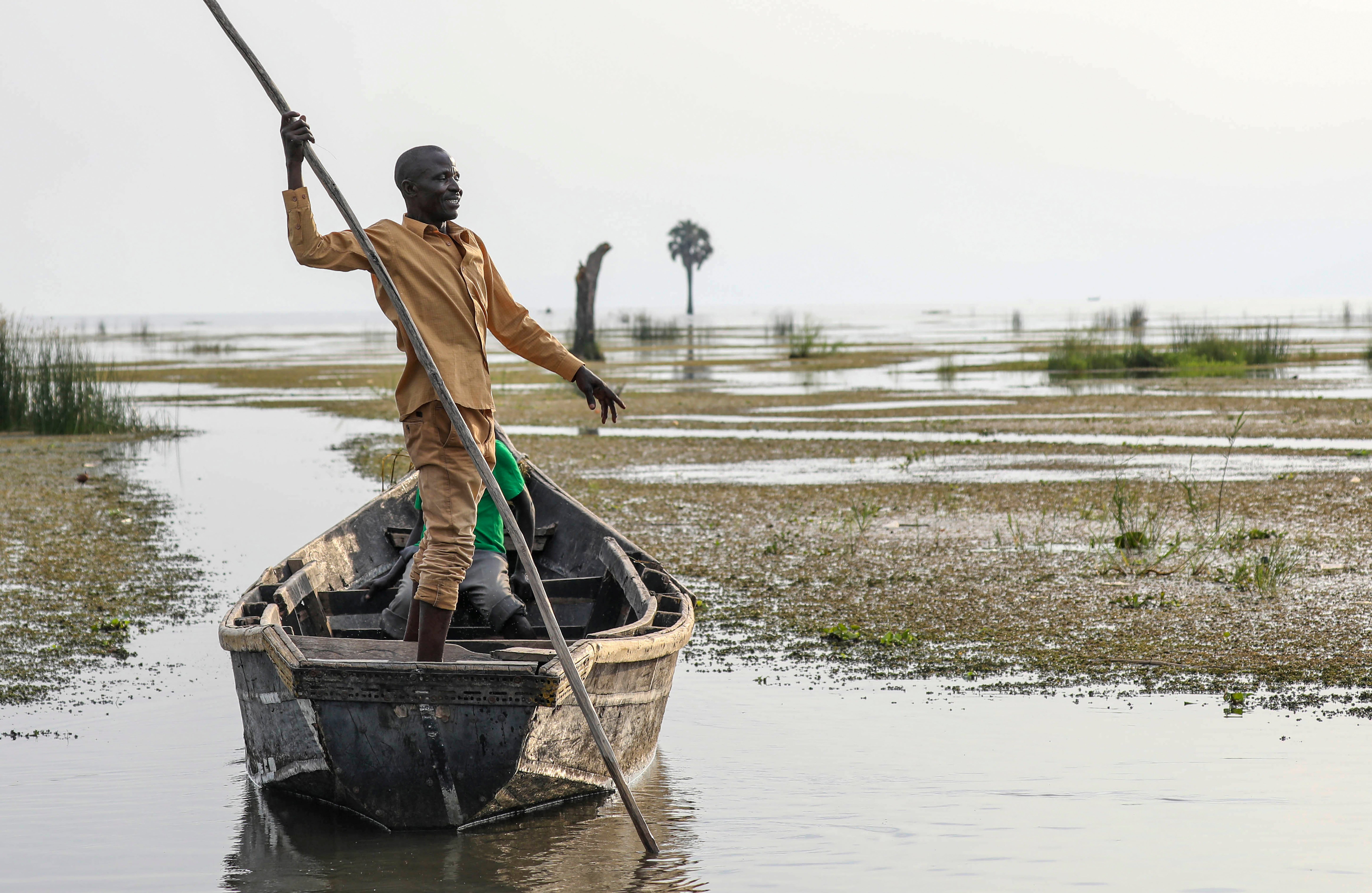A TotalEnergies pipeline project in East Africa is disturbing community graves, watchdog says
A New York-based climate watchdog says the French oil company TotalEnergies is failing to protect the sanctity of hundreds of graves in a controversial project that aims to build a heated pipeline from oil fields in Uganda to a port in Tanzania

Your support helps us to tell the story
From reproductive rights to climate change to Big Tech, The Independent is on the ground when the story is developing. Whether it's investigating the financials of Elon Musk's pro-Trump PAC or producing our latest documentary, 'The A Word', which shines a light on the American women fighting for reproductive rights, we know how important it is to parse out the facts from the messaging.
At such a critical moment in US history, we need reporters on the ground. Your donation allows us to keep sending journalists to speak to both sides of the story.
The Independent is trusted by Americans across the entire political spectrum. And unlike many other quality news outlets, we choose not to lock Americans out of our reporting and analysis with paywalls. We believe quality journalism should be available to everyone, paid for by those who can afford it.
Your support makes all the difference.The French oil company TotalEnergies is failing to protect the sanctity of hundreds of graves in a controversial project that aims to build a heated pipeline from oil fields in Uganda to a port in Tanzania, according to a report by a New York-based climate watchdog.
In a report released Thursday, GreenFaith charges that TotalEnergies “has consistently failed to respect local customs and traditions related to the treatment of graves,” distressing local communities in the East African nations of Uganda and Tanzania.
The report is the latest effort by a growing list of campaigners who urge TotalEnergies and its partners — China National Offshore Oil Corporation and the governments of Uganda and Tanzania — to cancel the project. As the majority shareholder, TotalEnergies has long faced legal pressure from activists who say the nearly 1,500-kilometer (900-mile) pipeline project undermines the Paris climate accord.
TotalEnergies has denied each of the charges, saying it’s deploying state-of-the-art design, including horizontal drilling, to minimize ecological damage.
The report by GreenFaith says that, in addition to climate and human rights concerns, the pipeline is a “spiritual assault" on local communities.
Based partly on interviews with affected families in six districts in Uganda and three in Tanzania, the report says more than 2,000 graves will be disturbed or disrespected by drilling and pipeline activities.
“Project officials neglected on many occasions to use due diligence and advanced survey techniques such as ground-penetrating radar, even when local community members made it clear that graves were located in the proposed work area,” the report says. “Many large infrastructure projects use this technology to identify potential impediments to construction such as cultural artifacts or grave sites which require careful excavation.”
Anita Kayongo, a spokesperson for TotalEnergies in Uganda, did not immediately respond to a request for comment.
European lawmakers adopted a resolution in September 2022 that urged the company to suspend its activities in the region. TotalEnergies has so far resisted calls for it to sell its stake in the East Africa project.
The pipeline would pass through seven forest reserves and two game parks, running alongside Lake Victoria, a source of fresh water for 40 million people. That route’s ecological fragility is one reason why some activists oppose the project despite TotalEnergies’ safety assurances.
After a lawsuit against TotalEnergies was dropped in February, French and Ugandan civic groups filed a second lawsuit in June in Paris that accuses the company of failing to comply with France’s “duty of vigilance” law and seeks compensation for six years of alleged land and food rights violations.
Some Ugandan authorities have reacted angrily to attempts by campaigners to stop the pipeline, asserting national sovereignty. Ugandan President Yoweri Museveni, who sees future oil exports as key to economic development, has said the pipeline plan will proceed even if TotalEnergies pulls out.
Amid pressure on TotalEnergies, negotiations are underway to secure pipeline financing from Chinese lenders.
Uganda is estimated to have recoverable oil reserves of at least 1.4 billion barrels. Authorities hope export operations can start in 2025.
Drilling for oil wells has already begun in and around western Uganda’s Murchison Falls National Park, where the Nile plummets 40 meters (130 feet) through a gap just 6 meters (20 feet) wide. The surrounding wilderness is home to hippos, egrets, giraffes and antelope.